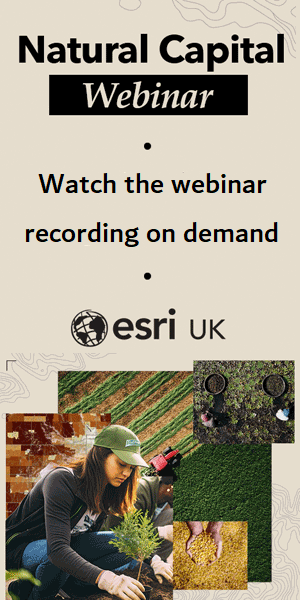Department for Environment, Food and Rural Affairs
|
|
Government makes next set of crucial changes to improve biosecurity at UK's trade border
- Also published by:
- Cabinet Office
Today (30 April 2024), the Government is strengthening its trade border to better detect pests and diseases from imported products.
Today the Government is making crucial changes to the way the UK imports food, animal and plant products in order to improve our biosecurity.
Products which present a ‘medium’ risk to our biosecurity will now undergo identity and physical checks, which test for pests and diseases that could impact the safety of our food and harm our natural environment. Checks involve visual inspections and temperature readings of goods.
Additionally, ‘high risk’ goods will now be checked at the border, where before they were checked at destination.
These checks will help identify public health issues such as salmonella, and build on existing safeguarding measures which identify diseases like African Swine Fever, which is widespread in certain countries across Europe and could be devastating to our pig farms.
Up until now, most goods from the EU - apart from the highest risk items like live animals and high-risk plants - have been entering the UK without checks. This was always intended to be a temporary measure to allow businesses time to adapt to any incoming changes.
Now, after having consulted with thousands of stakeholders across the UK and EU including business representative organisations and trade associations representing a broad breadth of industry, the Government is implementing checks to ensure the products we import are as safe as possible.
Today the Government is also launching two new world-leading pilots which will test whether businesses can carry out checks away from the border, and if new technologies combined with business data can provide assurances that enable us to offer further benefits to industry, such as a possible reduction in checks. These pilots will always seek to ensure that our high biosecurity and food safety standards continue to be met.
The changes being implemented today are part of the Border Target Operating Model, a new set of global, risk-based border controls. The first set of changes were successfully implemented this January with quick take up from industry.
The Border Target Operating Model has been designed to minimise costs for traders and consumers. Government analysis estimates that traders will save around £520m per annum under the new model compared with our original proposals post Brexit, while the inflationary impacts on food for consumers will be less than 0.2 percentage points over a 3-year period.
The cost of the model is negligible compared to the impact of a major outbreak of a plant or animal disease on the economy. For example, the 2001 outbreak of Foot and Mouth disease cost £12.8bn in 2022 prices, of which £4.5bn were costs to Government and £8.5bn were costs to the private sector. Similarly, Ash Dieback arrived in the UK in 2014 and has a predicted cost of £15bn over the next century.
Baroness Neville-Rolfe, Minister of State at the Cabinet Office, said:
It is essential that we introduce these global, risk-based checks to improve the UK’s biosecurity. We cannot continue with temporary measures which leave the UK open to threats from diseases and could do considerable damage to our livelihoods, our economy and our farming industry.
We have listened to all parts of industry every step of the way and will continue to support them to implement these changes as smoothly as possible.
We are also doing a great deal to embed technology at the border and are continuously piloting new ideas and systems with input from industry.
Biosecurity Minister Lord Douglas-Miller said:
Britain’s new border checks will help to guarantee the nation’s protection against the very real threat of plant and animal disease.
This will not only help to protect our farmers and countryside from invasive pests and diseases, but also cement our standing as a trading partner - providing confidence and assurance in our exports.
This has only been possible by working very closely with businesses to design and bring into force one of the most advanced border systems in the world - that can maintain the flow of goods and provide vital protection.
Professor Christine Middlemiss, UK Chief Veterinary Officer, said:
We continue to face the threat of imported animal and plant diseases and our new border checks will help to safeguard the UK and our trading partners from the serious economic, health and environmental harms of a potential outbreak.
Our risk-based, proportionate approach harnesses the latest technology so we can effectively bolster our biosecurity while continuing to trade with the rest of the world.
Marco Forgione, Director General of the Institute of Export & International Trade, said:
The aim of the BTOM is to deliver a world-leading, digital first border system for the UK. Today is the next stage of the UK’s border transformation, introducing risk-based compliance checking and opening up access to simplified procedures to a wider range of produce will help the UK build much more resilient, anti-fragile supply chains.
It is clear from our discussions with businesses here, in the EU and overseas that engagement with them is central to delivering the tremendous benefits of a modern border for consumers and the wider UK economy.
Original article link: https://www.gov.uk/government/news/government-makes-next-set-of-crucial-changes-to-improve-biosecurity-at-uks-trade-border


